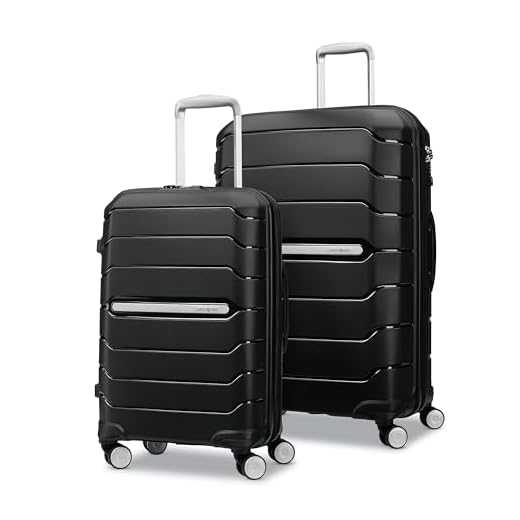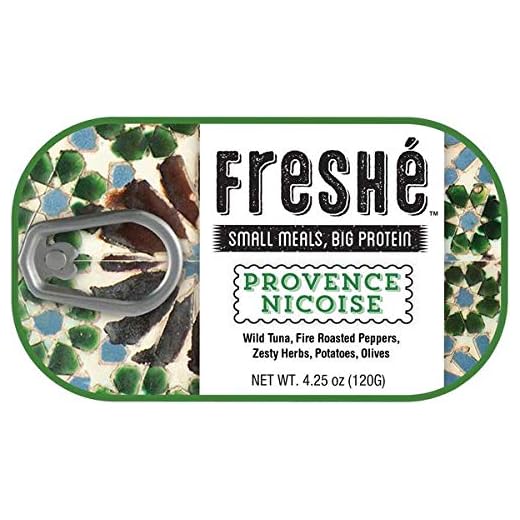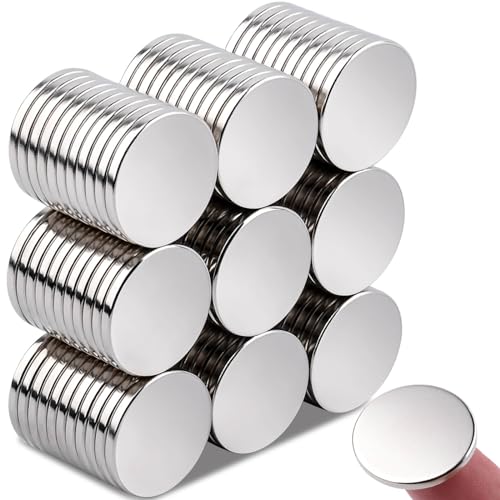



Yes, tinned products can be included in your checked bags. However, it’s imperative to adhere to airline regulations and restrictions, as policies can vary. Most carriers allow sealed, commercially packaged items, but checking specific guidelines for your airline is recommended.
Consider the weight and volume of the items you’re carrying. Heavier products can quickly add to your luggage’s overall heft, possibly resulting in additional fees. Packaging should be intact to avoid leaks or spills, which may lead to contamination or damage to other belongings.
Be aware that certain countries may impose regulations on the importation of foodstuffs. Verify the customs laws of your destination to ensure compliance and avoid confiscation upon arrival.
For optimal transportation, secure each tin to minimize shifting during travel. Utilizing bubble wrap or padded materials can offer added protection. Always declare any food items if requested by customs authorities to ensure a smooth passage.
Packing Food in Baggage
Transporting sealed items like preserved products in your hold items is generally permitted. Ensure they meet airline and destination regulations.
Follow these guidelines:
- Check with your airline for specific rules regarding weight and quantity limits.
- Opt for items stored in durable containers to avoid damage during transit.
- Avoid products with high liquid content that may leak, causing mess or damage to other belongings.
- Consider the destination’s import restrictions on food. Research local regulations to prevent confiscation upon arrival.
Always place such items within sturdy bags to prevent spillage. Label them clearly if necessary, especially if traveling internationally or to regions with strict customs regulations.
Be aware of potential inspection by security personnel. Transparency can expedite the process and prevent complications.
Airline Policies on Canned Goods in Checked Baggage
It is advisable to consult airline policies regarding the transport of items in sealed metal containers. Most carriers permit these items in hold baggage but may impose restrictions based on the type and quantity. Review specific guidelines for liquids, ensuring they comply with weight limits and container regulations.
Some airlines might limit particular food products that can lead to leakage or spoilage. Always check with the respective airline to clarify if any items face restrictions or if a specific declaration is necessary at check-in.
For those traveling with perishables or fragile items, selecting sturdy and reliable kitchenware is crucial. Look for options such as best hard anodized dishwasher safe cookware set to ensure safety during transit.
Be aware that while the item may be accepted in the cargo hold, mishandling can lead to damages. Using protective packaging is recommended to minimize risks.
Always inform the airline staff at the time of check-in for any special requirements related to your cargo, ensuring compliance with all safety protocols.
Safety Regulations for Transporting Canned Foods
Transporting preserved items may involve specific safety protocols to ensure that they do not pose risks during transit. Always verify the integrity of the containers; ensure that they are intact and not bulging or leaking. Damaged packaging can lead to leaks or spoilage, creating potential hazards or unpleasant experiences.
Most airlines recommend that you adhere to weight limits and specific dimension criteria for your bags. Utilize containers that fit comfortably within your travel gear. For added convenience, consider the best luggage for under the seat air travel.
It is important to be aware of temperature sensitivity. High temperatures can cause pressure buildup in sealed jars, leading to explosions. Keeping items in a cool environment helps maintain their integrity throughout the journey.
| Item Type | Safety Recommendations |
|---|---|
| Sealed cans | Ensure cans are free from dents and corrosion. |
| Bottled preserves | Keep upright to prevent leaks. Pack in cushioning materials. |
| Glass jars | Wrap in bubble wrap and place in a sturdy case. |
Understanding airline policies can help avoid unnecessary complications. Verify whether there are any specific regulatory requirements regarding home-processed items. If in doubt, consult the airline in advance.
If travel involves outdoor activities, consider also the best golf umbrella for sun protection to protect food items from sun exposure and heat during transport.
Best Practices for Packing Canned Foods Securely
To minimize the risk of damage, use a soft, cushioned material like bubble wrap or foam. Each container should be wrapped individually to absorb shocks during transport.
Arrange these items in the suitcase with care. Place heavier items at the bottom to maintain balance and prevent shifting during transit. Ensure there is ample cushioning around the edges.
Label each item clearly even if it’s not required. This can help prevent confusion during security checks, especially if any containers happen to leak.
Consider the temperature regulations of your travel route. Avoid packing items that could be affected by extreme temperatures, as this may compromise their integrity.
Utilizing Sturdy Containers
Use strong, durable bags or boxes specifically designed for transport. Reinforced materials offer better protection against impacts. Inspect containers for any signs of wear before packing.
Maximize Space Wisely
Take advantage of empty spaces in your bag. Fill gaps with soft clothing or towels to hold everything firmly in place, reducing movement and potential damage.
Avoid placing these items near fragile belongings or items that could exert pressure, such as heavy books. Keep them segregated to ensure they remain secure throughout the journey.
By implementing these techniques, the risk of leaks, dents, or breakage can be significantly reduced, ensuring safe arrival at your destination.
Customs Restrictions on Canned Foods for International Travel
Before traveling internationally, verify the regulations pertaining to sealed metal containers. Many countries impose strict restrictions on the importation of such items due to health and safety concerns. Always check the customs regulations of your destination country to ensure compliance.
Prohibited Items and Exceptions
Some nations outright ban specific types of sealed containers, particularly those containing meat or dairy products. Others may allow non-perishable items like fruits or vegetables if they meet certain criteria. It’s essential to confirm whether the items you wish to transport are permissible and inquire about any applicable exceptions.
Required Declarations and Documentation
When traveling with sealed foods, complete all necessary customs declarations accurately. Failure to declare these items can lead to fines or confiscation at the border. Investigate whether you need any special permits for the items you plan to bring along. Keep in mind that even permissible items may require evidence of origin or processing.







